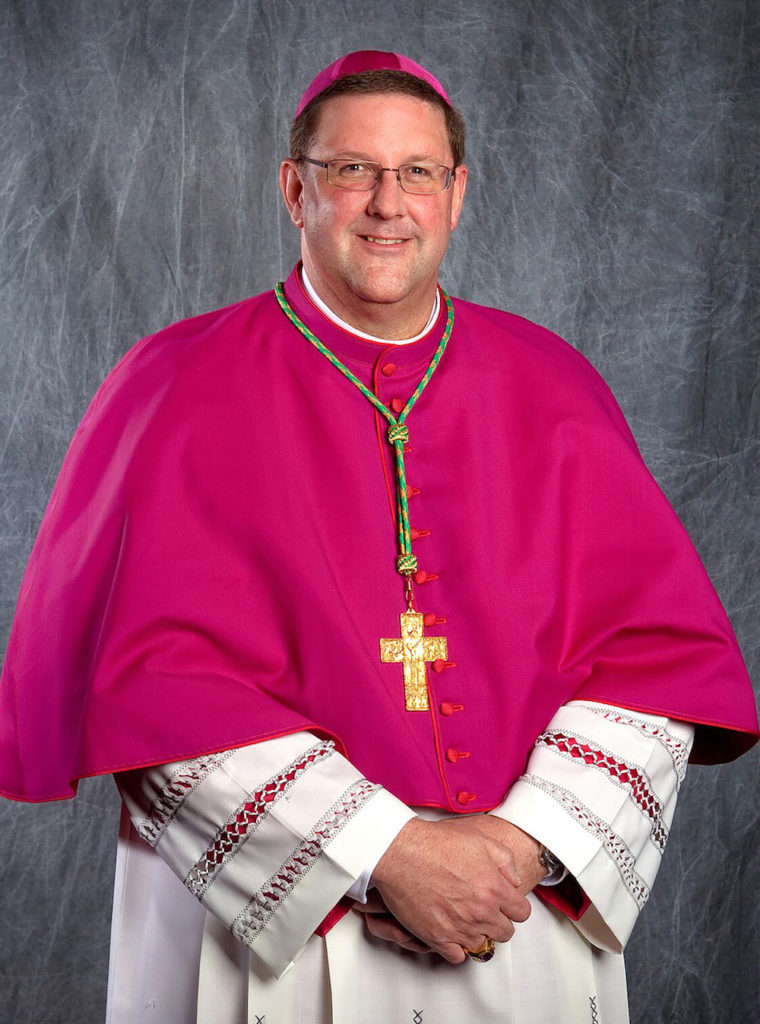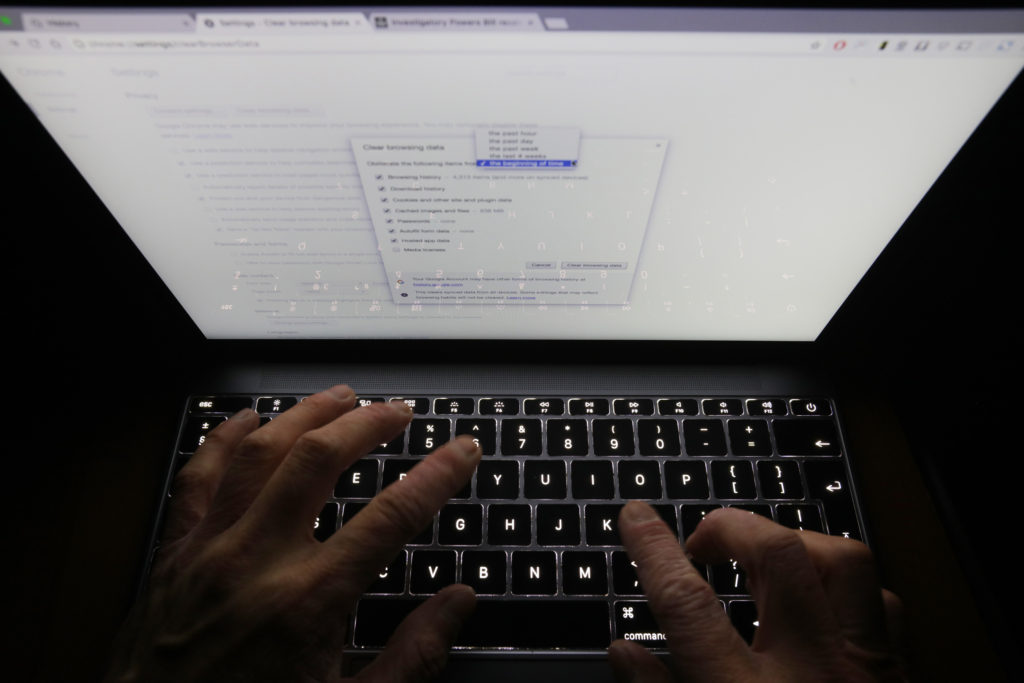ST. PETERSBURG, Fla. (CNS) — Bishop Gregory L. Parkes of St. Petersburg has declared Feb. 23 as Safe Haven Sunday, a day when parishes in the diocese set aside time to address “the pervasive problem of pornography and its devastating effects on marriages and families.”
According to a Feb. 19 news release, the special Sunday designation is part of Freedom From Pornography, an initiative the Diocese of St. Petersburg launched in 2016 to combat the growing problem of pornography.
This is the diocese’s second Safe Haven Sunday, and the goal is to make each home “a safe haven” from pornography. Under an overall theme of “Equipping the Family, Safeguarding Children,” this year’s observance will focus on “Helping Parents Navigate Online Exposure.”

“Pornography is detrimental to both the physical and spiritual life of each individual and the greater community,” Bishop Parkes said in a statement. “The use of pornography by anyone in the home deprives the home of its role as a safe haven and has negative effects throughout a family’s life and across generations.”
In February 2018, the Florida House approved a measure declaring pornography a public health risk and called for education, research and policy changes that would protect Floridians, especially teenagers, from pornography. The bill said pornography “can exacerbate mental and physical illnesses and promote deviant, problematic or dangerous behaviors.”
With its pastoral initiative, “the Catholic Church in west central Florida is responding to this crisis that dehumanizes women and children and normalizes violence,” the St. Petersburg diocesan news release said. Statistics show that about 30% of people are exposed to pornography before age 12, it noted.
In February of this year, the Alabama Senate unanimously passed a resolution also declaring pornography a public health risk. More than a dozen other states have acted similarly.
For Safe Haven Sunday, the St. Petersburg Diocese is partnering with Covenant Eyes, a company that creates faith-based resources and tools to prevent exposure to pornography and to overcome pornography use and addiction.
They will offer resources, available in English and Spanish, that are focused on education and prevention, such as books, prayer cards, software to filter out pornography and practical tips to create safer digital environments.


Since it launched the launch of Freedom From Pornography initiative, the diocese has held educational events and training programs to equip Catholics to protect themselves from pornography and to “seek assistance and healing” from using pornography.
The initiative has a website, https://www.dosp.org/freedom-from-porn, with all manner of resources to combat pornography, including a list of counselors who work with people to help them recover from addiction to pornography.
The diocese said the idea for Safe Haven Sunday was inspired by the U.S. bishops’ November 2015 pastoral letter “Create in Me a Clean Heart: A Pastoral Response to Pornography.”
“Being exposed to pornography can be traumatic for children and youth. Seeing it steals their innocence and gives them a distorted image of sexuality, relationships, and men and women, which may then affect their behavior,” the bishops wrote. “It can also make them more vulnerable to being sexually abused, since their understanding of appropriate behavior can be damaged.”





